If you are in an emergency, in crisis or need someone to talk to, help is available via the 9-8-8: Suicide Crisis Helpline.
Crisis ResourcesIf you are in an emergency, in crisis or need someone to talk to, there is help.
View Crisis Resources
RESPond Hub
A collaborative space for Research and Education for Suicide Prevention
Participate in Research
What do you think about crisis lines? What can we do to improve crisis lines for first responders? If you work in a public safety role and have thoughts on these questions that you would like to share , there are three ways you can take part in RESPond research:
Learn more about the RESPond Study here
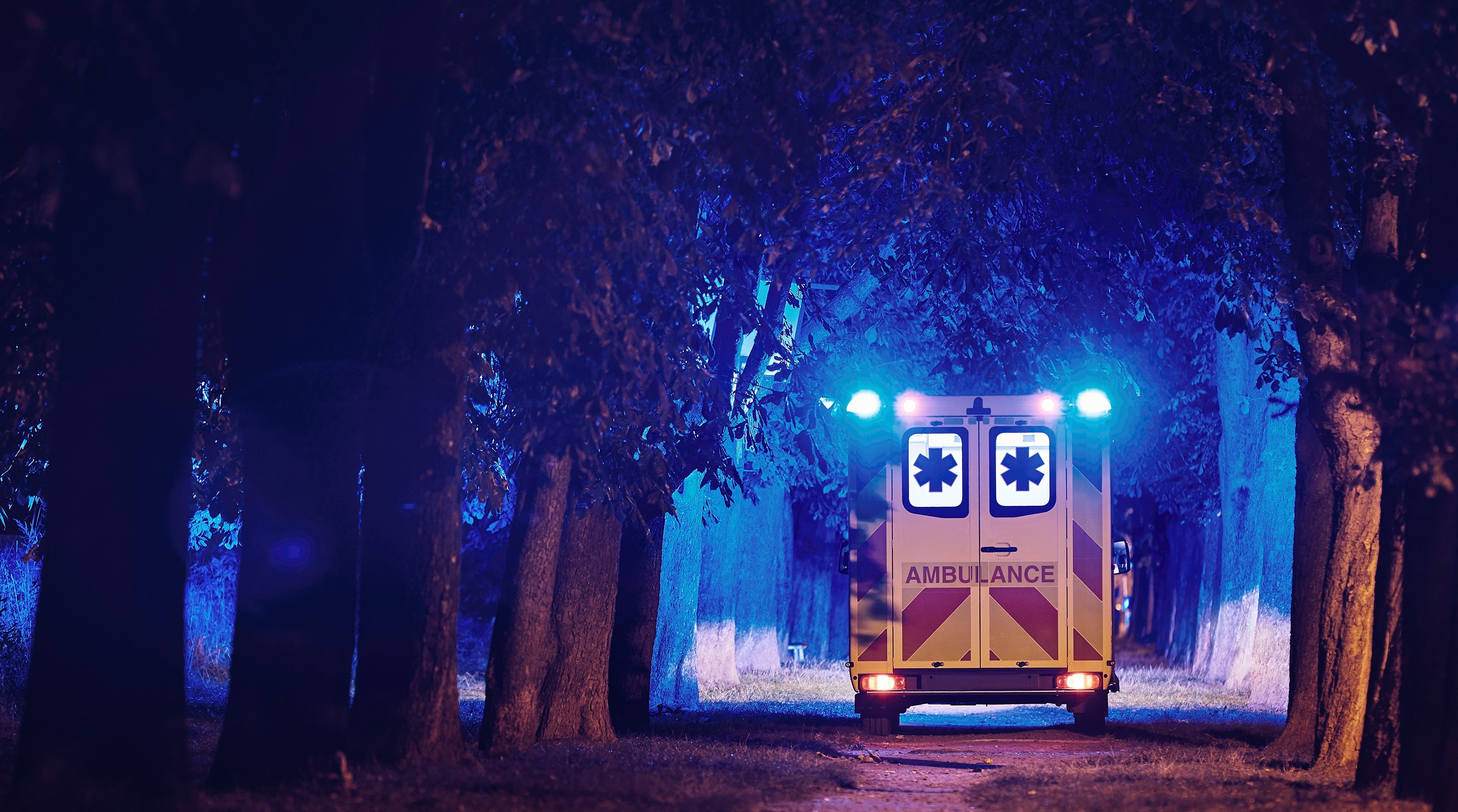
About the project
What is the RESPond Hub?
The RESPond Hub is a group of researchers, clinicians, and public safety personnel who are interested in improving suicide prevention efforts, crisis supports, and crisis line services.
What is the RESPond Study?
The RESPond Study is a research project that is looking at what public safety personnel need from crisis lines and to explore whether crisis line services can be improved to better meet the needs of public safety personnel across Canada.
What does the RESPond Study aim to achieve?
Based on what we learn from the RESPond Study, we aim to develop recommendations for tools, resources, training, and practice changes in the crisis sector and beyond to support public safety personnel who want to access crisis lines. We also aim to support related projects that are looking at different topics related to public safety personnel and crisis lines.
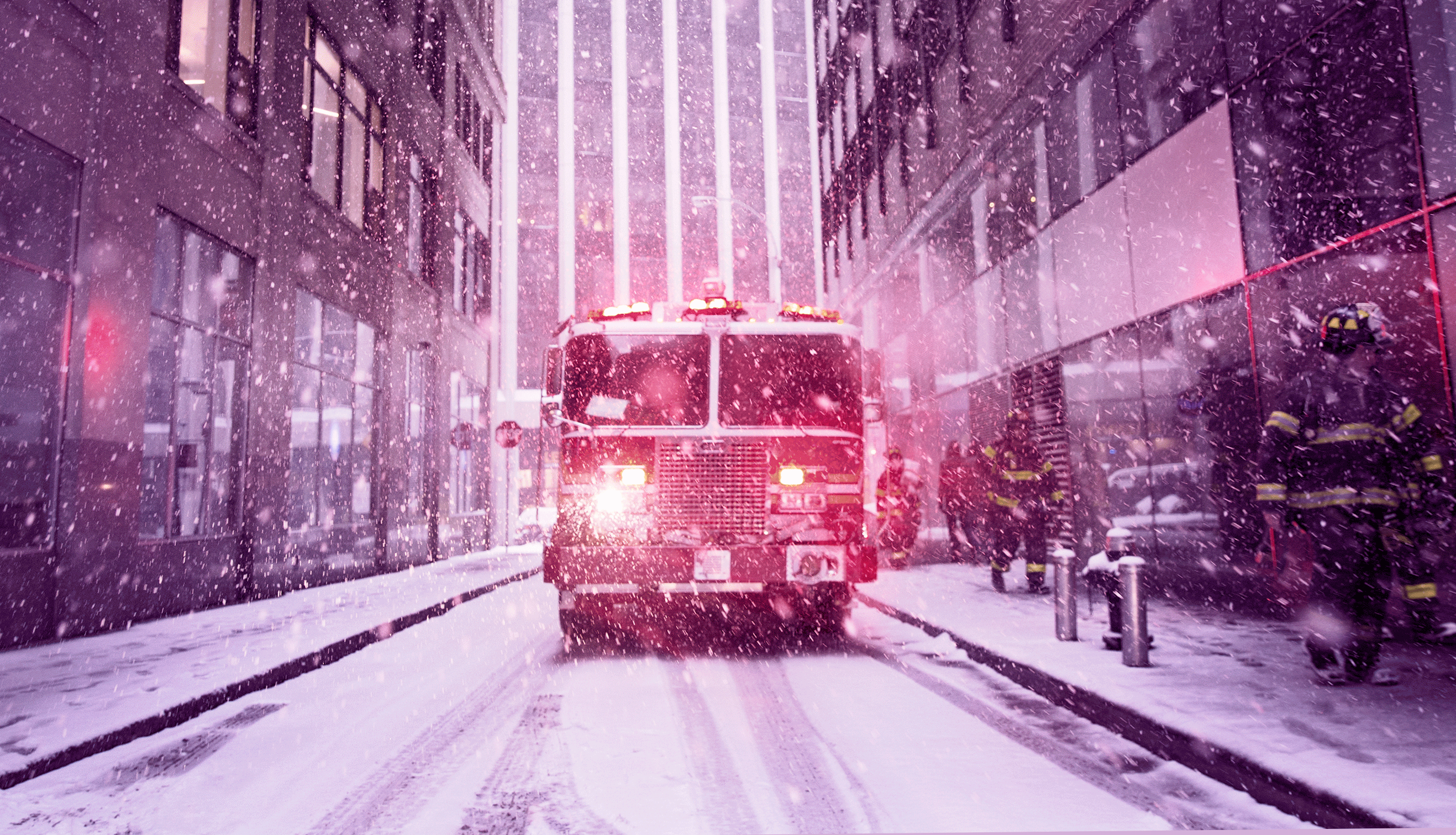
Meet the team
The RESPond Study team includes mental health professionals, research staff and public safety personnel (PSP).
Adam Crewdson - PSP co-researcher
|
Co-researcher |
||
 |
Adam is an instructor in justice studies at the New Brunswick Community College. He spent ten years as a police officer, 15 years as a member of the Royal Canadian Navy Reserve, and three years doing crisis line work. He has had multiple mental health roles, from case management services for youth to mobile crisis response. Professionally, he would like to get more involved in the research field to better equip policing organizations and others with best practices surrounding the longevity of officer’s well-being in their careers. He will attempt to start open-water swimming this summer, something that he has never done before; he tends to sink in water. Adam has a twin who is 6 minutes older than him 😊 |
|
Allison Crawford - Study Lead
|
Chief Medical Officer, 9-8-8 |
||
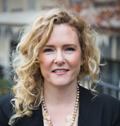 |
Dr. Allison Crawford, is a psychiatrist and the Director of Virtual Care at the Centre for Addiction and Mental Health, and Associate Professor in the Departments of Psychiatry, and Dalla Lana School of Public Health, at the University of Toronto. She is the Chief Medical Officer of the Canada Suicide Prevention Service; Medical Director of the Ontario Psychiatric Outreach Program; and a Founder and Co-Chair of ECHO Ontario (www.echoontario.ca), an award-winning, virtual community of practice. These activities advance access to mental health services, with a focus on suicide prevention, community-based care, and Indigenous wellness. |
|
Caitlin Tavares - PSP co-researcher
|
Co-researcher |
||
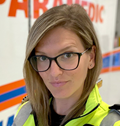 |
Caitlin Tavares is an advanced care paramedic, educator and scholar in the Regional Municipality of Peel Paramedic Services in the Department of Health Services. She specializes in the mental health and wellness of paramedics and is vice chair of the Wellness Committee at the Ontario Paramedic Association. Her graduate work at the University of Toronto focused on suicide prevention and awareness, mental health and addiction, and critical incident resource management in paramedicine contexts. Caitlin brings both a scholarly and practice-based perspective to the RESPond Study. |
|
Chantalle Clarkin - Study Lead
|
Staff Scientist, 9-8-8 |
||
 |
Dr. Chantalle Clarkin is a Registered Nurse and qualitative health researcher with a doctorate in Education, and a specialization in non-fiction media production. She is also an adjunct lecturer at the Bloomberg Faculty of Nursing at the University of Toronto. Her research combines integrated knowledge translation and patient-oriented approaches in participatory, community-based health research contexts. Dr. Clarkin conducts constructivist research using qualitative and arts-based methods that foster innovative dissemination approaches and engage patients as active partners in all phases of research. |
|
Chris Hargreaves - PSP co-researcher
|
Co-researcher |
||
 |
Chris has been a police officer for 24 years, both in London England before immigrating to Canada in 2005, and is now with Toronto Police. He brings lived experience of combining a career in emergency services with coping with mental health and addiction issues. Chris has worked with Canada Beyond the Blue to promote organizational changes. Chris views his yoga practice as a vital part of his wellness, and loves the peace and balance that his practice brings him (as does his wife!). He hopes to be able to share his experiences with the RESPond study and work towards a day when mental health is just health. |
|
Danielle Dubé - PSP co-researcher
|
Co-researcher |
||
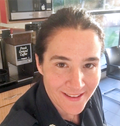 |
Danielle Dubé is in her 14th year as a full-time firefighter and is currently completing her officer pool courses as she works toward becoming a Hall Captain. She also brings a breadth of experience from her ice hockey career, where she played both professionally in the men’s minor professional leagues and for the Women’s National Ice Hockey Team. Danielle considers herself a lifelong learner. At the age of 36 she was asked to attend UBC as a varsity athlete, which led to a bachelor of arts in psychology. Through her interest in continuously learning, Danielle’s degree propelled her into the mental health world of firefighters where she was heavily involved in the development and implementation of several mental health initiatives. This involvement blossomed into a passion to continue her education and she is now in the final stages of completing her master of counselling degree. |
|
Fatima Ahmad - Research staff
|
Research assistant |
||
 |
Fatima graduated with an Honours Bachelor of Science (HBSc) from the University of Toronto where she studied Mental Health and Anthropology. Previously, she has worked as a crisis responder and program assistant at Talk Suicide (now 9-8-8), where she had the privilege to support individuals in distress and to train and mentor new responders. She is passionate about qualitative research and especially using the voices of people with lived experiences of suicidal thoughts and feelings, in order to understand ways to improve care, hope, and overall recovery. Fatima is a major fan of the Harry Potter series and in her free time, she enjoys trying out new spaghetti recipes. |
|
Gisell Castillo - Research staff
|
Research methods specialist |
||
 |
Gisell has worked as research support staff in the health research sector for over 10 years. She completed her Masters in social psychology at Carleton University. She brings a great deal of experience with qualitative research methods, implementation science, and community based research. Her research interests include health equity, interdisciplinary and participatory methods, and patient and public engagement in mental health research. She is a dachshund enthusiast and beginner guitarist. |
|
Matthew Charbonneau - PSP co-researcher
|
Co-researcher |
||
 |
Matt joined the study team in February 2023 and brings experience from a couple sectors that he hopes will positively impact the goals of this project. From 2007 to 2013 he was enlisted in the Canadian Military as an Infantryman for the Princess Patricia’s Canadian Light Infantry where he had the privilege to deploy on two missions to Afghanistan. Now working in the private sector as an investigator, Matt decided to moonlight with the Canadian Suicide Prevention Service (Now 988) beginning in September 2021. He started as a volunteer and now works on the staff team as a supervisor; however, maintains his position as a responder as well. Throughout these experiences, Matt has seen the impact of mental health struggles in friends and colleagues alike and hopes to contribute to supporting our communities bravest – First Responders. When not gumshoeing or working the lines at 988, you’ll usually find him hanging out with his family, scuba diving, or chilling with his two fuzzy-Chihuahua-soulmates, John & Grace. |
|
Thiyake Rajaratnam - Research staff
|
Research coordinator |
||
 |
Thiyake brings a wealth of experience in both qualitative and quantitative research methods that have been cultivated over a decade working in the physical and mental health sector. She completed her Master of Science at Queen's University. Her research interests include using technology to build mental health capacity, adaptive expertise, factors influencing lifelong learning, psychosocial predictors of bariatric surgery outcomes, and evidence-based crisis interventions. Beyond research pursuits, Thiyake finds joy in playing the Veena, a stringed instrument. With a thirst for knowledge and a passion for both research and music, Thiyake is dedicated to continuous growth and exploration in all aspects of her life. |
|

RESPond Study
Who are public safety personnel?
Public safety personnel (PSP), including first responders, are professionals who ensure the safety and security of people living in Canada. For the purpose of this study, PSP include active, retired, and those training to join the following work forces:
|
Please note this list is not exhaustive and other groups not listed here may be considered PSP.
Why public safety personnel and crisis lines?
Public safety personnel in Canada experience higher rates of mental health symptoms and suicidal behaviours and have been identified as a priority group for suicide prevention efforts. Crisis lines are a key component of Canada’s suicide prevention framework as they can be effective in stabilizing mood, connecting users to crisis resources, encouraging use of mental health services, and preventing self-harm. However, we do not know whether public safety personnel are accessing crisis lines and if not, why that is. We also do not know if those that do reach out for support experience the services as appropriate, effective, equitable and safe.
How are we carrying out the work?
This is a multi-method project which includes both quantitative and qualitative data collection and has been divided up into three phases.
Phase 1Engagement to understand systems and needs |
|
|
Phase 2Understanding current practice, behaviours & views of first responders & crisis line responders |
|
|
Phase 3Transforming research findings into action |
|
|
How are we engaging with public safety personnel on this project?
The RESPond team is working together with first responder and public safety organizations and individuals across Canada to understand what they need and want from a crisis line. We are engaging public safety personnel through a co-researcher group, outreach meetings, and social media.

Related Projects
Caring Contacts Peer Intervention Pilot Project
Study leads: Janet Ellis, Mark Sinyor
Lead institution: Sunnybrook Research Institute
The Caring Contacts Peer Intervention (CC-PI) is a novel pilot project that involves providing first responders who contact 9-8-8 with the option to receive a peer support follow-up call from another first responder who is a trained peer supporter from Boots on the Ground – a non-profit helpline made for and by first responders. Boots on the Ground responders will be offering peer support based on the principles/domains of the CC-PI. This feasibility study will collect data on how many first responders are offered the CC-PI, how many decline, how many receive the follow-up calls, as well as feedback from first responders who receive peer support follow up calls.
Recommendations for culturally sensitive and intersectional practice in suicide prevention intervention for public safety personnel: a qualitative approach.
Study lead: Christine Genest
Lead institution: Université de Montréal
This mixed methods study aims to better understand the professional culture and crisis service needs of various sub-groups of public safety personnel (PSP). This pan-Canadian project involves researchers from the Centre for Trauma Studies, the Centre for Suicide Research and Intervention, Ethical Issues and End-of-Life Practices, the Centre for Addiction and Mental Health (CAMH) and the Canadian Institute for Research and Treatment (CIPSRT) in Public Safety. These researchers are interested in improving mental health services and suicide prevention efforts for PSP populations. For more information, please contact the project coordinator, Isabelle, at ibernier.iusmm@sss.gouv.qc.ca.

Contact Us
Participate in research
Learn more about how you can contribute to this project.

Get help now
If you’re having thoughts of suicide, or are worried about someone else, 9-8-8 is here to listen.
Visit site
RESPond Hub is supported by the Canadian Institutes of Health Research (CIHR).
share
Keep in touch with CAMH
Keep your finger on our pulse – latest CAMH news, discoveries and ways to get involved delivered to your inbox.
Please select a newsletter
Please complete the following:
Required Fields
Thanks for Subscribing.
We look forward to keeping you informed, inspired and involved in all things CAMH.
Help us change mental health care forever.
Every donation moves us closer to a future where no one is left behind.